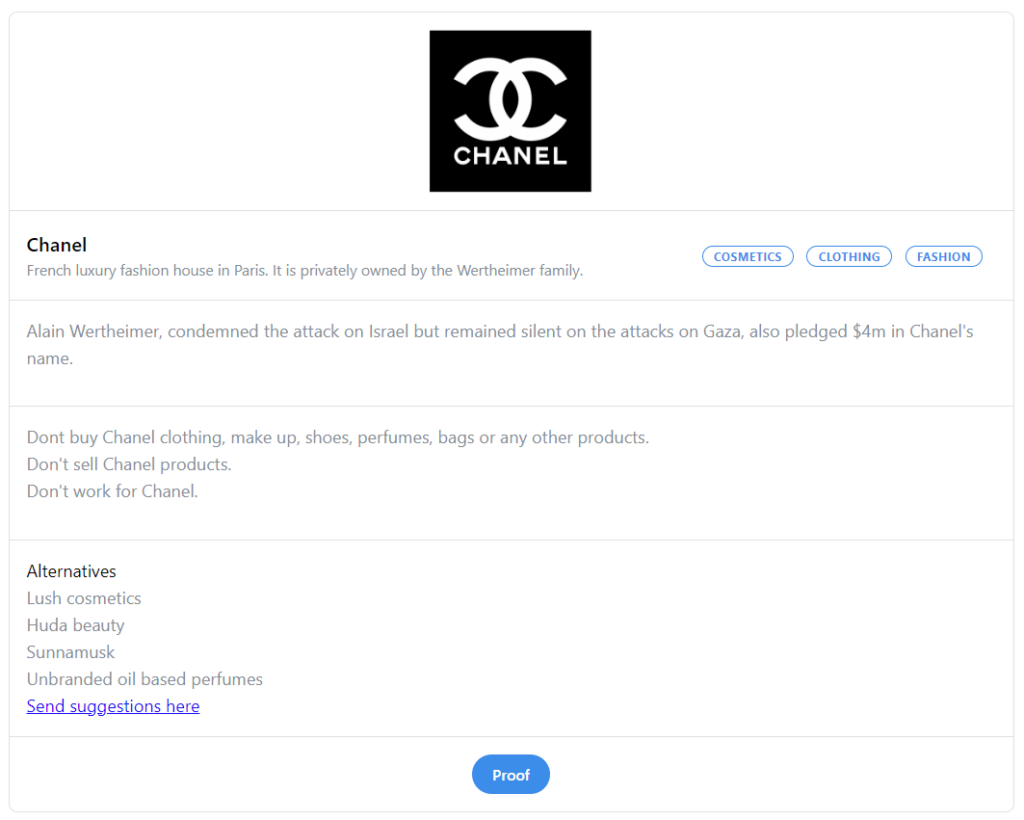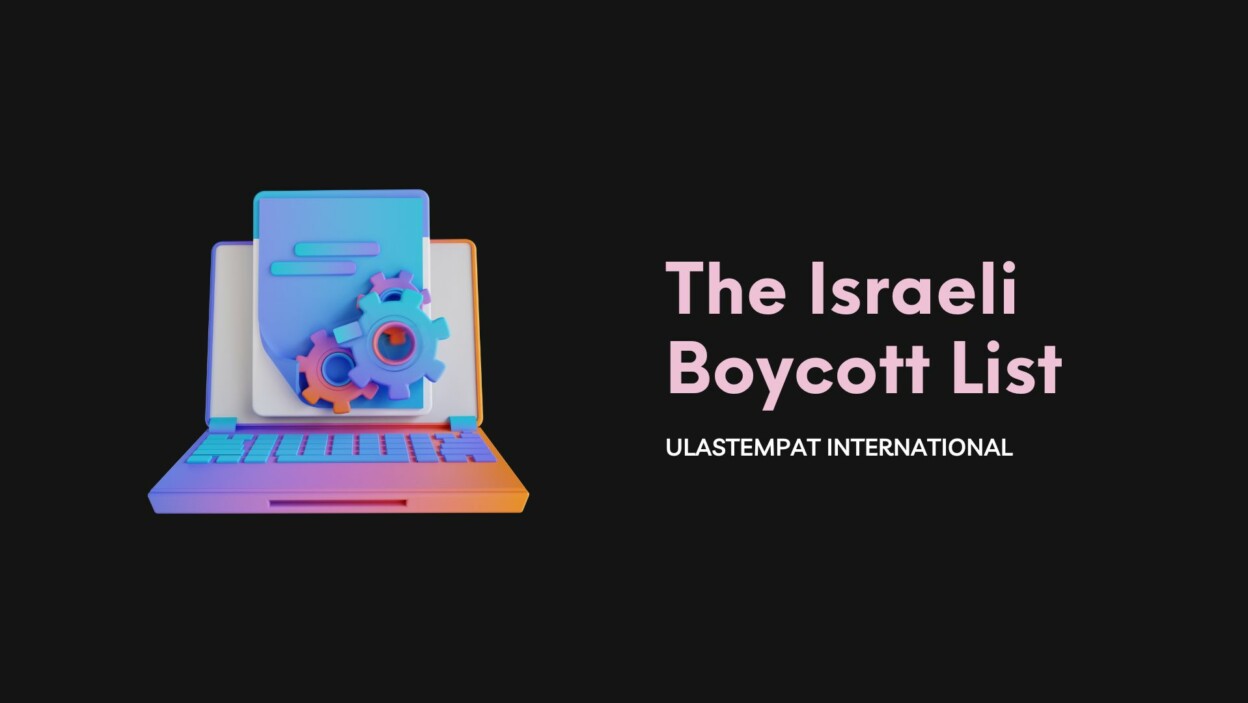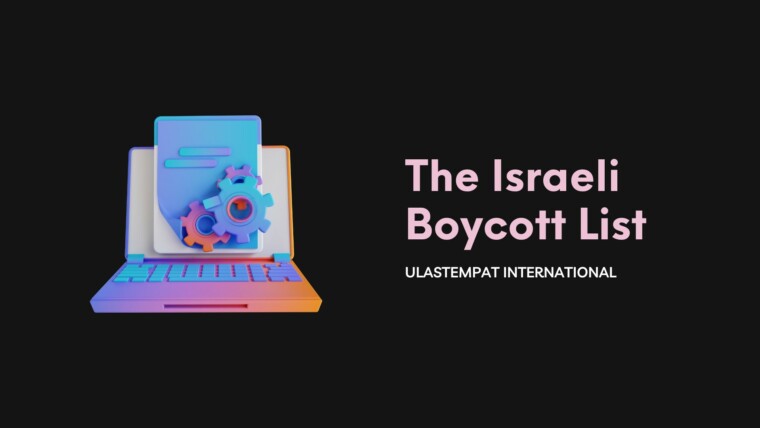Chanel, an emblem of luxury and refinement, found itself entangled in controversy due to its recent connection with Israel. The brand’s pledge of support and subsequent silence on Gaza amidst escalating conflicts drew both praise and criticism, sparking a heated debate and calls for boycotts.

Also See: Ralph Lauren Fragrances – Israel Support: What You Need to Know
The Chanel-Israel Donation
The French luxury fashion house, privately owned by the Wertheimer family, found itself embroiled in a polarizing situation when Alain Wertheimer, the Global Executive Chairman, condemned attacks on Israel while notably remaining silent on the assaults in Gaza. This stance was accompanied by a pledge of $4 million in Chanel’s name to aid organizations offering emergency humanitarian assistance to southern Israel.
The decision was unveiled through an internal email by CEO Leena Nair and Alain Wertheimer, expressing solidarity with the victims of the crisis. However, this move sparked diverse reactions, igniting a call for boycotts against Chanel products. The call to action urged consumers not to purchase Chanel goods, sell their products, or work for the brand, advocating for alternatives like Lush Cosmetics, Huda Beauty, Sunnamusk, or unbranded oil-based perfumes.
The fashion house’s donation, amidst the conflict, highlighted a disparity in addressing the humanitarian crisis and raised questions about the brand’s selective advocacy. While Chanel underscored standing for peace and supporting those impacted by conflicts, the absence of commentary on Gaza’s situation intensified the scrutiny surrounding the brand’s stance.
Historical Ties and Contemporary Repercussions
Furthermore, Chanel’s historical ties were revisited, specifically Coco Chanel’s documented association with the Nazis during World War II, adding another layer to the controversy. Despite her past affiliations, the brand was acquired by the Wertheimer family, who are Jewish, in the 1920s and have continued to oversee its operations.
The complex intersection of history, contemporary geopolitics, and corporate responsibility has placed Chanel at the center of a multifaceted discourse. The fashion house’s actions and silence have triggered a broader conversation on the role of global brands during conflicts, urging them to navigate such delicate situations with more nuanced and inclusive approaches.
Explore More: Does Makeup Brands Backing Israeli? Learn the Details

The intersection of luxury fashion, geopolitical conflicts, and corporate responsibility has brought Chanel into a multifaceted discourse. The outcry against the brand’s stance and the subsequent calls for boycotts underscore the increasing demand for ethical alignment from global brands.
The episode stands as a testament to the power of consumer activism and emphasizes the need for nuanced, inclusive approaches from corporations navigating sensitive geopolitical landscapes. As debates persist, the Chanel-Israel connection serves as a compelling case study, illustrating the intricate interplay between commerce, social responsibility, and global politics in the realm of luxury fashion.



Does Red Bull Support Israel? Decoding the Unraveled Connection
Companies That Support Israel: A List to Avoid
Fast Food Chains Aligned with Israel Support
Boycott List: Fashion Companies Supporting Israel You Should Be Aware Of
Does These Firearms Support Israel? Exploring the Unraveled Connection
Does These Tech Brands Support Israel? Decoding the Unraveled Connection
Does These Filmography Support Israel? Understanding the Intricate Ties
Does These Online Business Support Israel? Exploring the Unraveled Connection